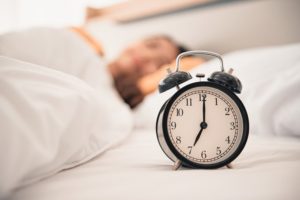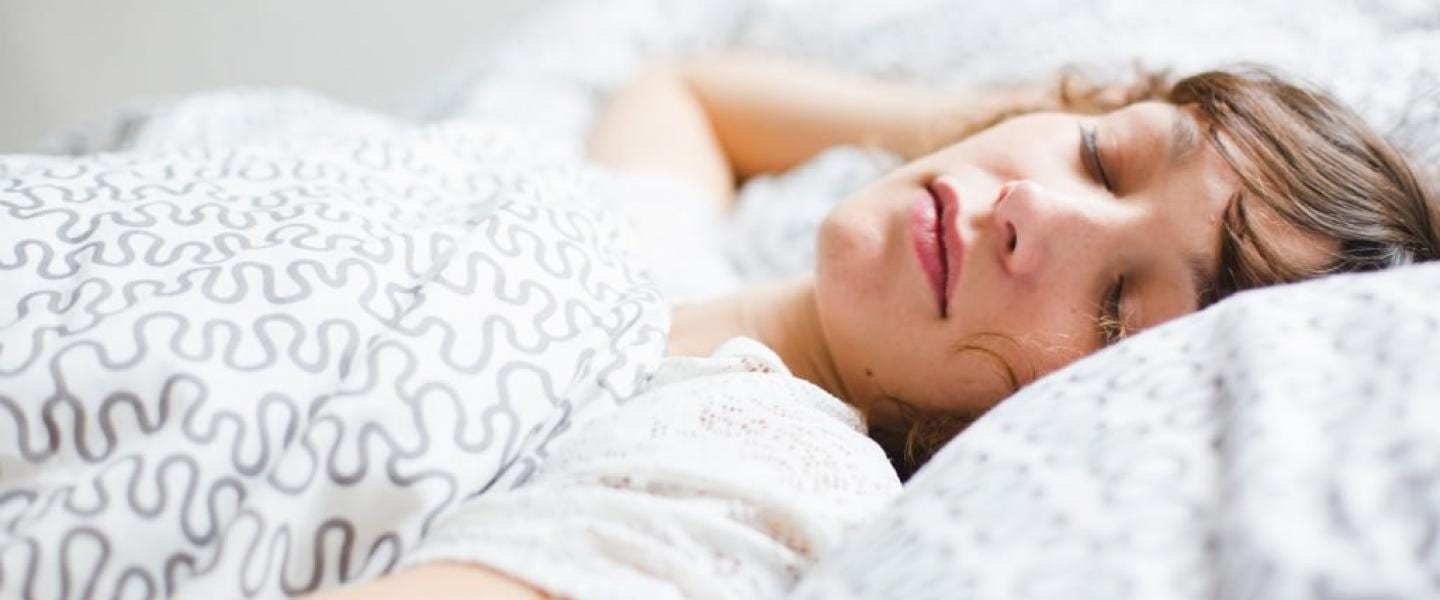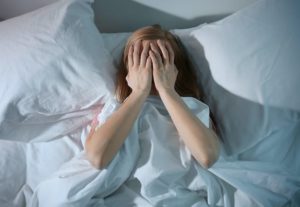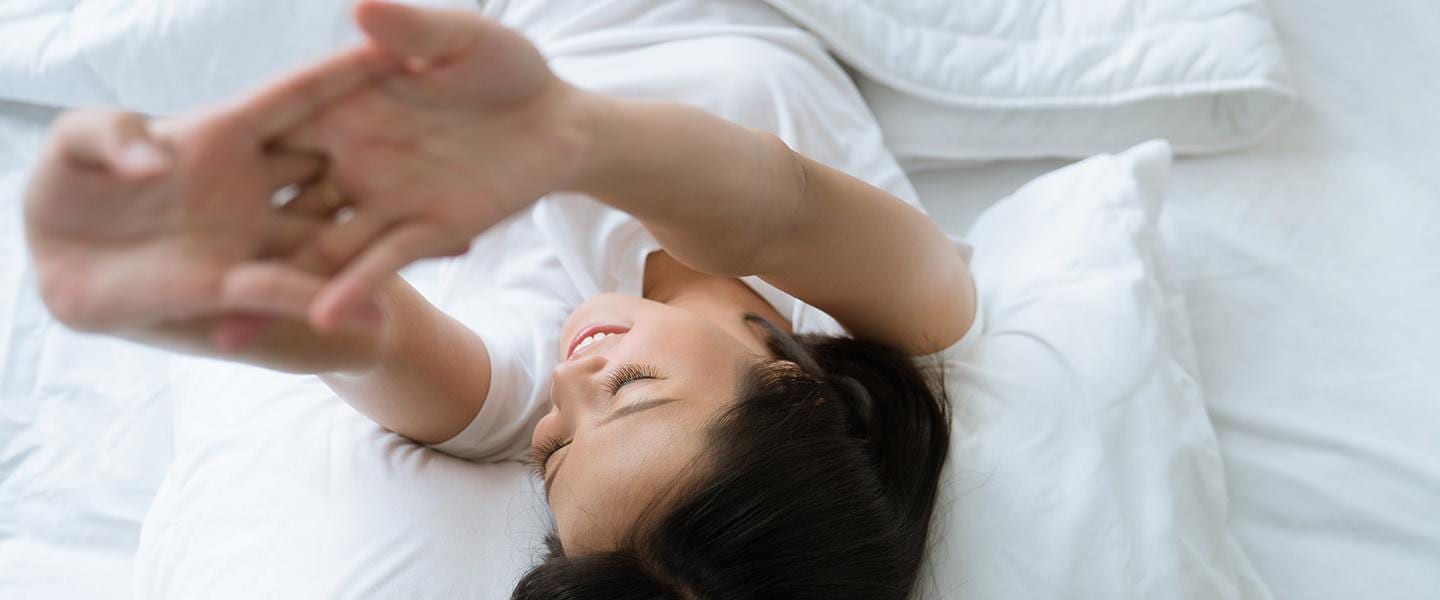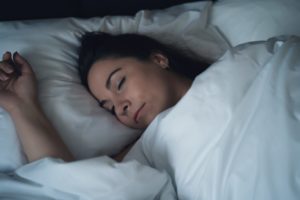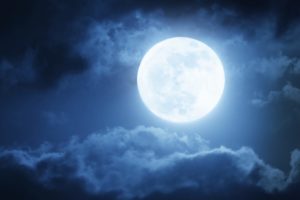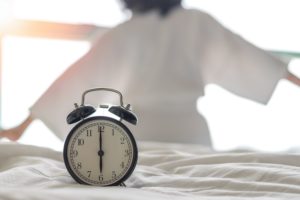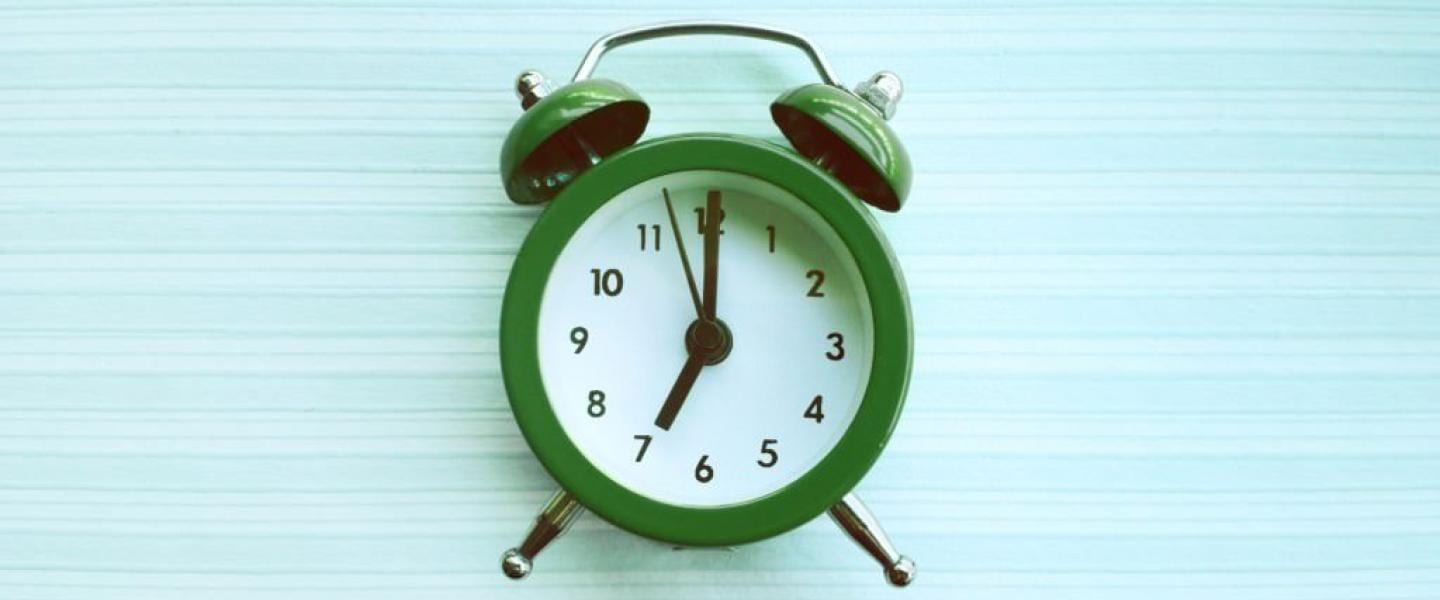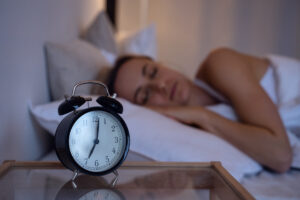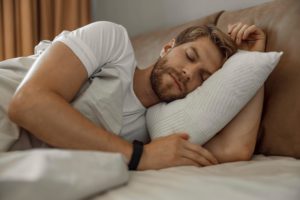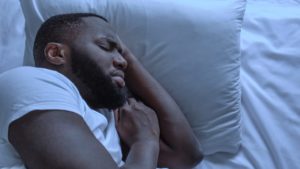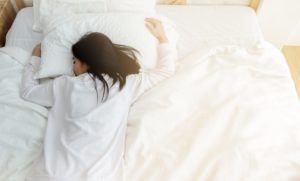Polyphasic Sleep: Benefits and Risks
- Polyphasic sleep involves breaking traditional sleep schedules into multiple shorter periods.
- Research is limited, but some people claim polyphasic sleep schedules to be more beneficial.
- To accommodate irregular work schedules, polyphasic sleep can vary in duration and timing.
- Polyphasic sleep schedules are not for everyone and may cause sleep deprivation.
When most people head to bed, the expectation is that they will sleep through the night in one block of time. That singular phase of sleep is called a monophasic sleep schedule. Some cultures engage more frequently in biphasic sleep patterns, sleeping at night and during a daily afternoon nap.
Polyphasic sleep schedules involve sleeping over more than two sleeping periods each day. These periods could be quick nap breaks throughout the day balanced with a reduced time asleep during the night. Babies naturally follow a polyphasic sleep pattern until they are about three months old. Others who work unusual hours or jobs may also follow this sleeping pattern.
While some claim polyphasic sleep schedules are preferable to monophasic sleep schedules and provide more cognitive benefits, research does not support these claims. We explore the effects of polyphasic sleep schedules and what to consider before changing routines.
What Is Polyphasic Sleep?
Polyphasic sleep is marked by multiple intervals of sleep and wakefulness throughout the 24-hour day. Polyphasic sleep patterns are not uncommon in the animal kingdom. Many creatures engage in polyphasic sleep patterns, such as mice. Polyphasic sleep is not the norm for most humans, who usually engage in monophasic sleep, or sleep in one large block of time each day.
Types of Polyphasic Sleep Schedules
Anyone can engage in a polyphasic sleep schedule by sleeping more than twice per day. However, there are three popular polyphasic sleep schedules that have developed over the years. Research on the efficacy of these specific sleep schedules is very limited. Aside from people’s personal reports, there does not appear to be any evidence that polyphasic sleep schedules are more beneficial than a monophasic sleep schedule. Popular polyphasic sleep schedules include:
- Uberman Sleep Schedule: Six 20-minute naps are spaced evenly throughout the day, totaling two hours of sleep per 24-hour period.
- Everyman Sleep Schedule: This schedule includes sleeping for three hours during the night and supplementing with three 20-minute naps throughout the day, for a total of four hours of sleep each 24-hour period.
- Triphasic Sleep Schedule: Three short sleep periods happen after dusk, before dawn, and in the afternoon, providing a total of four to five hours of sleep per 24-hour period.
Advantages of Polyphasic Sleep
Research does not demonstrate that polyphasic sleep schedules are better than monophasic schedules. Anecdotal reports from polyphasic sleepers suggest greater benefits to these sleep patterns, but the research is uncertain.
Increased Productivity
Anecdotal reports from followers of polyphasic sleep schedules often include claims of increased productivity, alertness, and ability to learn and retain information. Credible evidence to support these claims is lacking, however.
It may be that polyphasic sleep schedules feel more productive simply because the sleeper has more time, rather than more energy, to get tasks done. One’s efficiency at completing tasks under conditions of short sleep may be significantly impacted, however.
Irregular Work Schedule Compatibility
Polyphasic sleep schedules may work better than monophasic sleep schedules for some people with a nontraditional work schedule, such as irregular shift work or on-call work. There is no scientific evidence to support that polyphasic sleep is more beneficial for shift workers, however. Because of its effect on sleep, shift work can disrupt the body’s circadian rhythm, as well as increase the risk of accidents and impaired decision-making. In these circumstances, striving to log a cumulatively normal amount of sleep time is recommended to preserve decision-making ability, cognitive flexibility, vigilance, and safety.
If you are struggling with staying awake during your shift, you may find yourself considering a polyphasic sleep schedule. However, disruptions to your natural sleep-wake cycle can negatively impact your health in multiple ways. It may be more beneficial to sleep as much as you can in one block of time when possible, adding in naps on days that you cannot receive all of your sleep at once.
Increased Lucid Dreaming
Potential benefits for utilizing a polyphasic sleep schedule continue to be studied by researchers. One study found that frequent wakings during the night resulted in more reports of lucid dreaming . Lucid dreaming is the ability to achieve consciousness while asleep, or become aware that you are dreaming during a dream.
If your goal is to experience lucid dreaming for the first time or increase the number of lucid dreams you have, a polyphasic sleep schedule may be an option for you. However, more research is needed. Polyphasic sleep schedules and lucid dreaming have not been widely studied, and polyphasic sleep may come with drawbacks. For example, REM intrusion, a sensory experience of dreaming during wakefulness, is a common feature of moderate to severe sleep deprivation and can be mistaken for lucid dreaming.
Increased Memory and Learning
Polyphasic sleep schedules are marked by their short bursts of sleep throughout the day and night. This increase in shorter sleeping periods throughout the day could theoretically impact your ability to stay sharp. Sleep helps consolidate and store memories in adults. One study showed that napping within an hour of learning new words helped young children retain new words for up to a week later .
However, evidence suggests that sleep windows of less than 30 minutes do not have a significant benefit for performance . Increased memory and learning should not be expected if you are following an Uberman or everyman sleep schedule, as their nap periods do not extend past 30 minutes.
Side Effects of Polyphasic Sleep Schedules
Healthy sleep is essential to overall health at every age. Healthy sleep is achieved when sleep quantity is sufficient, sleep quality is stable and allows for natural cycling of different sleep stages, and the timing of the sleep period is consistent.
Not getting adequate sleep can disrupt your body’s natural sleep-wake cycle and have other negative side effects. Students, military personnel, medical workers and law enforcement officers are examples of people who regularly experience disrupted sleep cycles and face adverse long-term and short-term effects.
Reduced Reaction Time
Sleeping enough each night impacts your ability to respond quickly to stimuli during waking hours. Avoiding accidents on the road, catching a falling object at work, and quickly moving out of the way of big equipment are all examples of how our reaction time can keep us safe. When sleep is reduced, reaction time is negatively affected, which can lead to accidents.
According to one study, at least 60% of drivers report driving drowsy. In 2017, the National Highway Traffic Safety Administration estimated that 91,000 car accidents involved drowsy drivers , resulting in 800 fatalities.

Circadian Rhythm Disruption
The body’s natural sleep-wake cycle is influenced by an individual’s circadian rhythm. Disruptions to the circadian rhythm can not only negatively impact quality of sleep, but also increase risk of illness. College students often experience circadian rhythm disruptions, which can impact their grades and health. Restricting sleep can lead to slower reaction times and increased sleepiness.
Shift workers reported increased sleepiness and reduced reaction time when working split shifts and sleeping a split sleep schedule. Although splitting your sleep may feel productive for a short period, disrupting your circadian rhythm may outweigh any benefits in the long run.
Sleep Deprivation
Adults should receive at least seven hours of sleep per night. While there are individual variations to sleep need, none of the common polyphasic schedules come close to the recommended minimum of seven hours of sleep per night. A chronic lack of sleep each night negatively impacts physical health.
Sleep deprivation is the outcome of insufficient amounts of sleep, compounded by irregular sleep timing. This lack of sleep could be due to mandatory shift work or staying up too late studying a few nights in a row. Sleep deprivation can significantly impact mental health. For example, sleep deprivation increases the risk of depression among young women.
Should You Try Polyphasic Sleep?
Research does not provide evidence of a polyphasic sleep schedule providing physiological or psychological advantages over monophasic sleep. Polyphasic sleep schedules may allow you to be more productive because you have more waking hours. However, productivity and accuracy are reduced if you are deprived of sleep. If you are able to engage in regular sleep and wake hours, consider maintaining a monophasic sleep schedule.
If you do shift or on-call work, then you might consider a polyphasic sleep schedule that prioritizes receiving the recommended seven hours of sleep. For example, solo sailors switch to a polyphasic sleep schedule when preparing for a race. It should be noted that polyphasic sleep schedules are unlikely to be sustainable for an extended period of time.
Talk to your doctor if you are concerned about your sleep. They can help you determine how to receive enough sleep, and let you know if they recommend further testing to look for underlying sleep disorders.

Still have questions? Ask our community!
Join our Sleep Care Community — a trusted hub of product specialists, sleep health professionals, and people just like you. Whether you’re searching for the perfect mattress or need expert sleep advice, we’ve got you covered. Get personalized guidance from the experts who know sleep best.
References
6 Sources
-
Gott, J., Rak, M., Bovy, L., Peters, E., van Hooijdonk, C. F., Mangiaruga, A., Varatheeswaran, R., Chaabou, M., Gorman, L., Wilson, S., Weber, F., Talamini, L., Steiger, A., & Dresler, M. (2020). Sleep fragmentation and lucid dreaming. Consciousness and Cognition, 84, 102988.
https://pubmed.ncbi.nlm.nih.gov/32768920/ -
Axelsson, E. L., Williams, S. E., & Horst, J. S. (2016). The effect of sleep on children’s word retention and generalization. Frontiers in Psychology, 7, 1192.
https://pubmed.ncbi.nlm.nih.gov/27588007/ -
Tucker, M. A., Humiston, G. B., Summer, T., & Wamsley, E. (2020). Comparing the effects of sleep and rest on memory consolidation. Nature and Science of Sleep, 12, 79–91.
https://pubmed.ncbi.nlm.nih.gov/32099493/ -
National High Traffic Safety Administration. (n.d.). Drowsy Driving., Retrieved April 14, 2023, from
https://www.nhtsa.gov/risky-driving/drowsy-driving -
Short, M. A., Centofanti, S., Hilditch, C., Banks, S., Lushington, K., & Dorrian, J. (2016). The effect of split sleep schedules (6h-on/6h-off) on neurobehavioural performance, sleep and sleepiness. Applied Ergonomics, 54, 72–82.
https://pubmed.ncbi.nlm.nih.gov/26851466/ -
Conklin, A. I., Yao, C. A., & Richardson, C. G. (2018). Chronic sleep deprivation and gender-specific risk of depression in adolescents: A prospective population-based study. BMC Public Health, 18(1), 724.
https://pubmed.ncbi.nlm.nih.gov/29890964/


